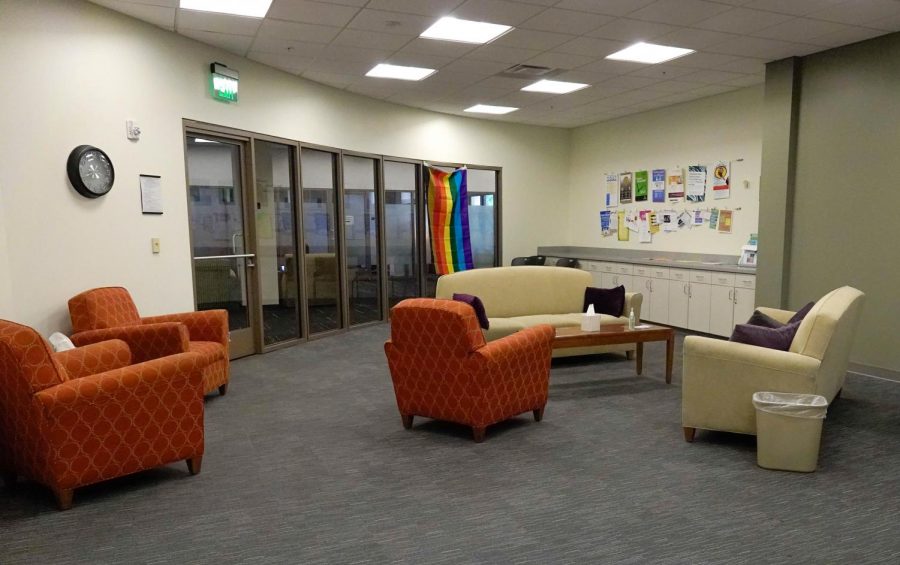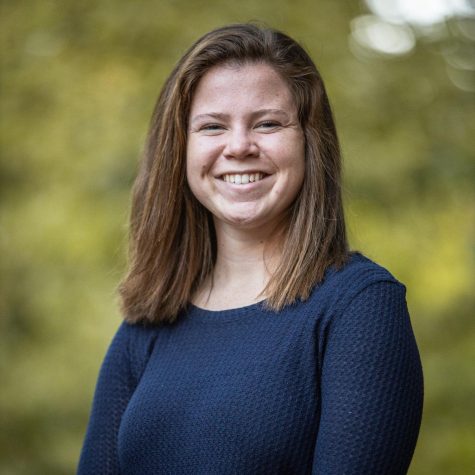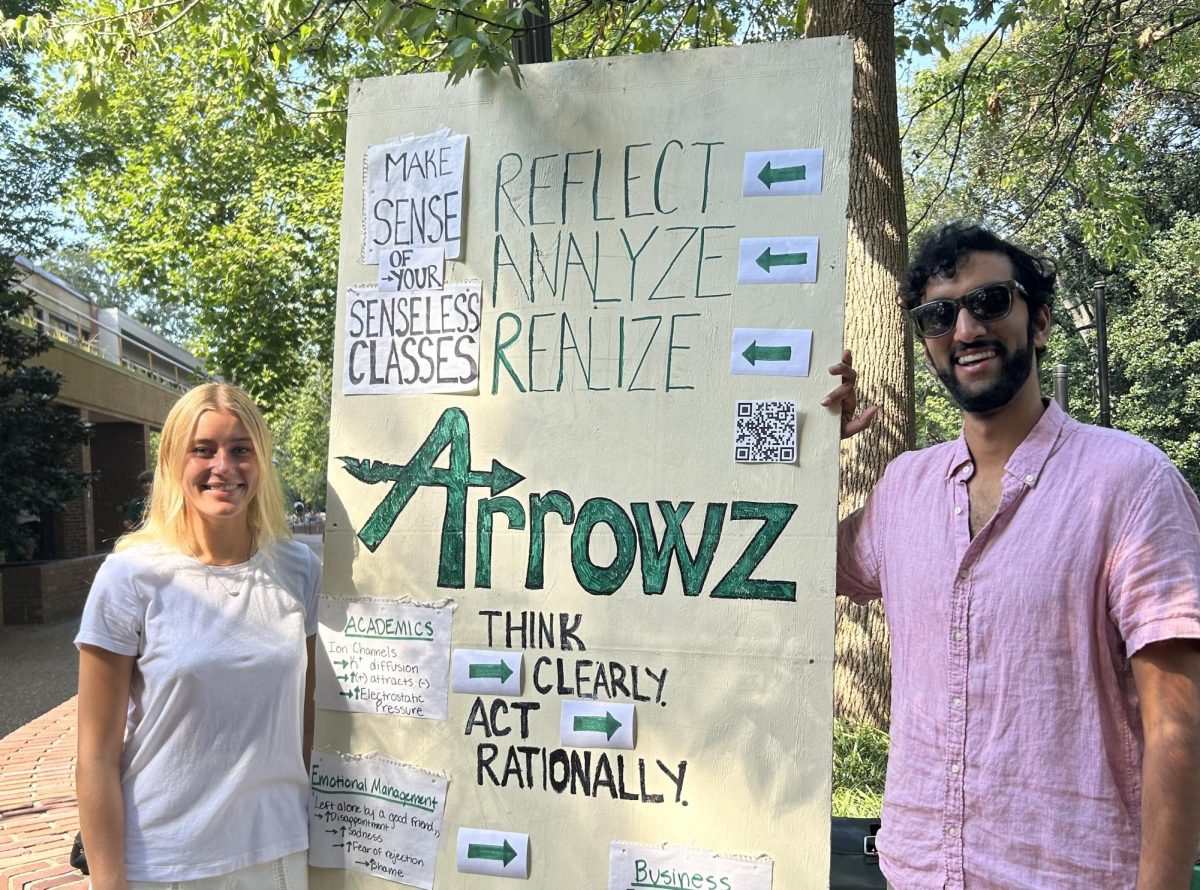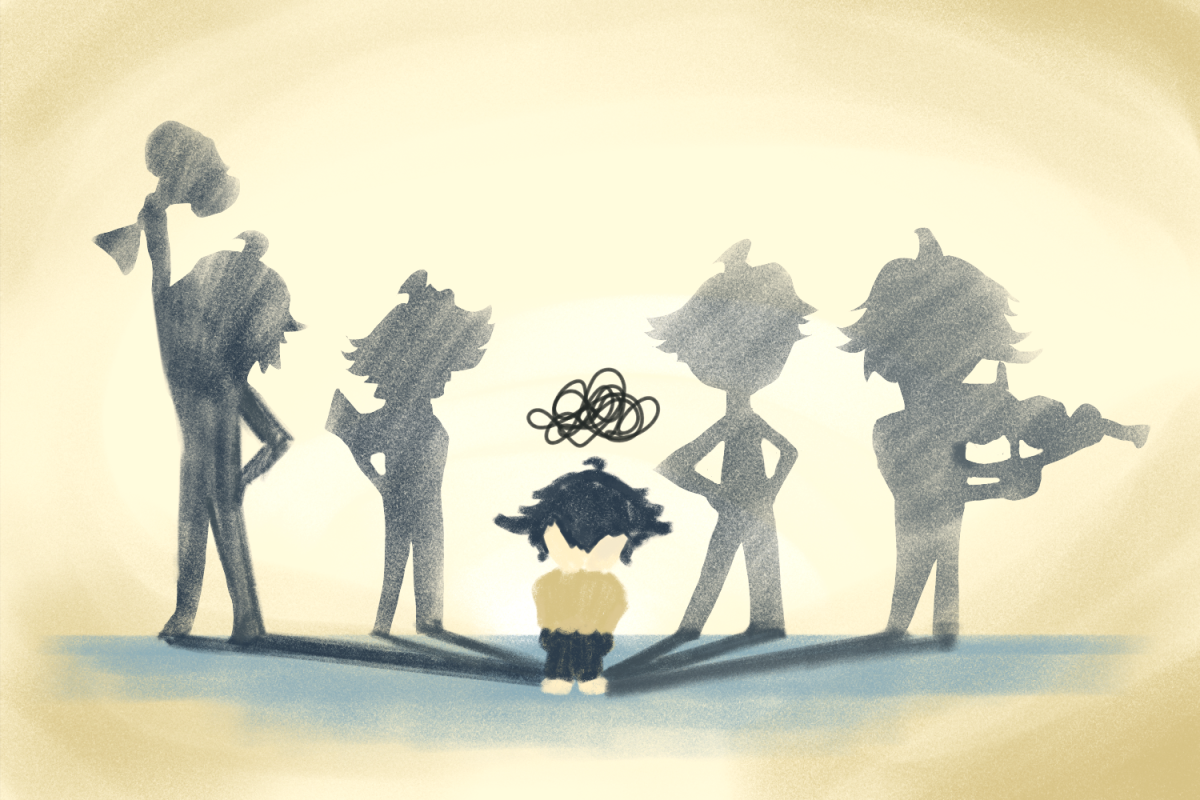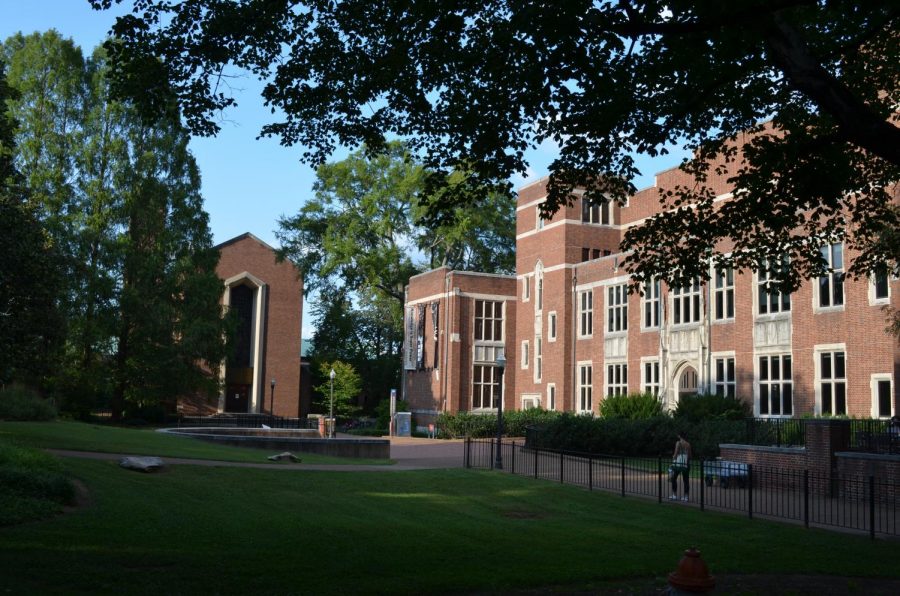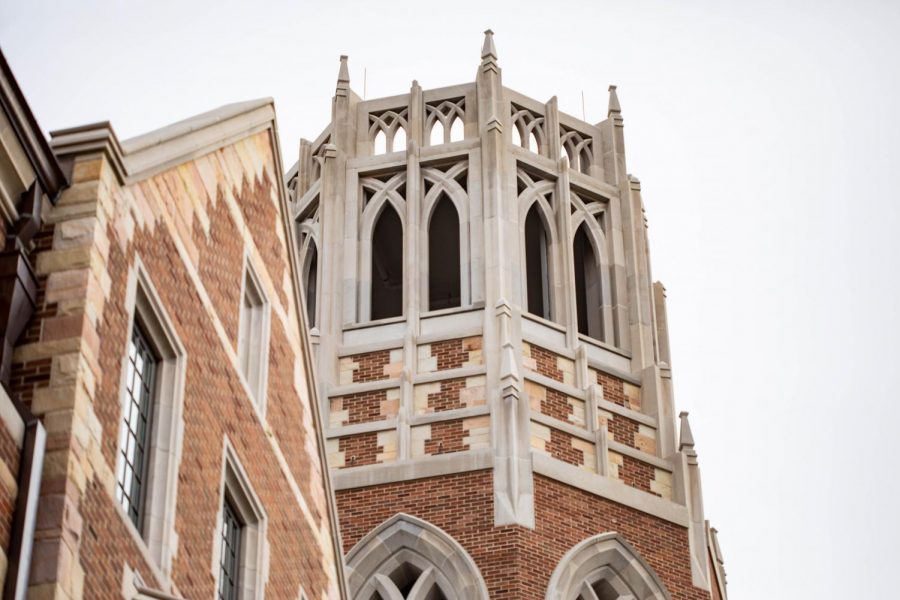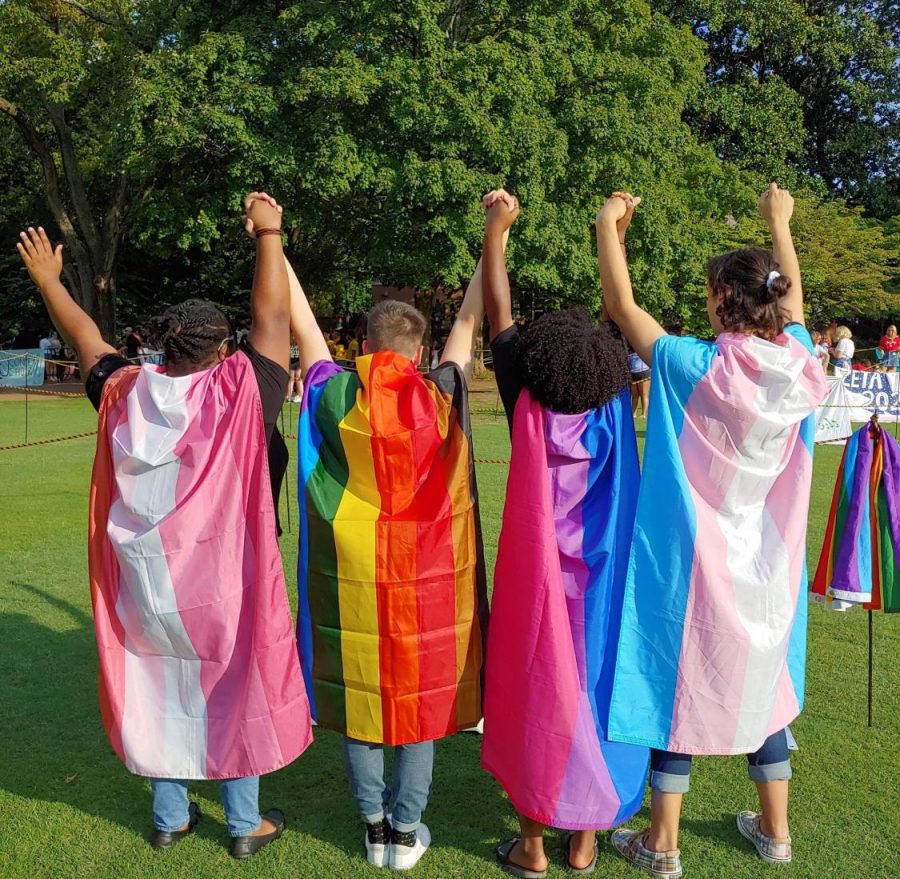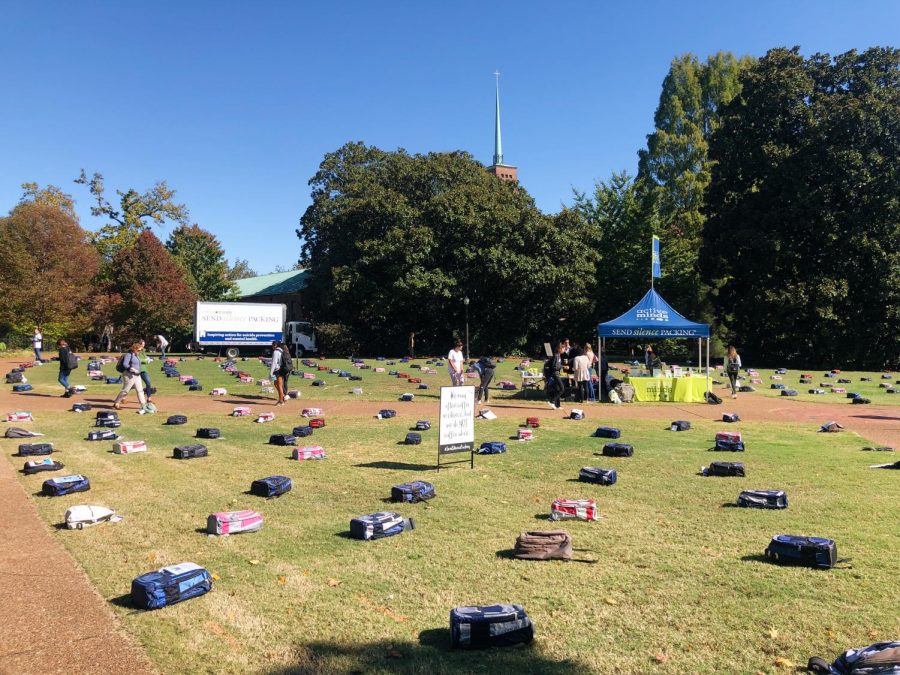The Office of Student Care Coordination (OSCC) moved its office this year to Rand Suite 305, where the OACS office was last year, from Sarratt 100 by the box office. The new space features a larger waiting area and individual offices where students can speak one-on-one with care coordinators.
The OSCC works to connect students with the right resources for bettering their wellbeing, including academic coaching, meditation and therapy at the University Counseling Center. Since the office’s debut in Fall 2018, two more care coordinators were hired to accommodate a larger number of students, putting the number of care coordinators on staff at five.
“We outgrew our office, so we needed some additional space to ensure that everybody has adequate spacing with students,” Student Care Manager Lisa Clapper said.
The added space will allow the OSCC to have more satellite services, Clapper said. Satellite services at OSCC include the University Counseling Center’s (UCC) Let’s Talk program and services provided from representatives from the Office of LGBTQI Life.
Because of stigma associated with receiving mental health services, some students have expressed concern over the privacy of the entryway to the OSCC office. VSG Student Health and Wellness Chair Gege Clements, however, said the space is adequately private.
“I suppose that you could argue that the glass doors of the waiting area are open, but there are portions of it that have that different material, so you can’t see directly into who’s in there,” said Clements. “The physical location on the third floor of Rand wrapping behind, there’s very little foot traffic.”
Student demand for services remained approximately the same 2018 and 2019, with spikes of increased flow at the beginning of the fall semester and during exam periods. The office notes that wait time inevitably lengthens during those times.
“Our goal at the OSCC is to have a wait time of a couple days. Right now, we are about a week out,” Clapper said. “To offset the wait time a little bit more, we’re looking at satellite services. Students may be very successful with using those tools rather than even having a one-on-one counselling session.”
First-year Iris An said that she found speaking with a care coordinator helpful when she visited the office in early September.
“My care coordinator recommended different resources that I didn’t know, and she helped me contact a UCC member,” An said. “The wait was a bit long—about two weeks.”
In the future, the OSCC looks to promote existing group counselling programs administered by the UCC and wellbeing workshops so that students can better engage with the programs.

